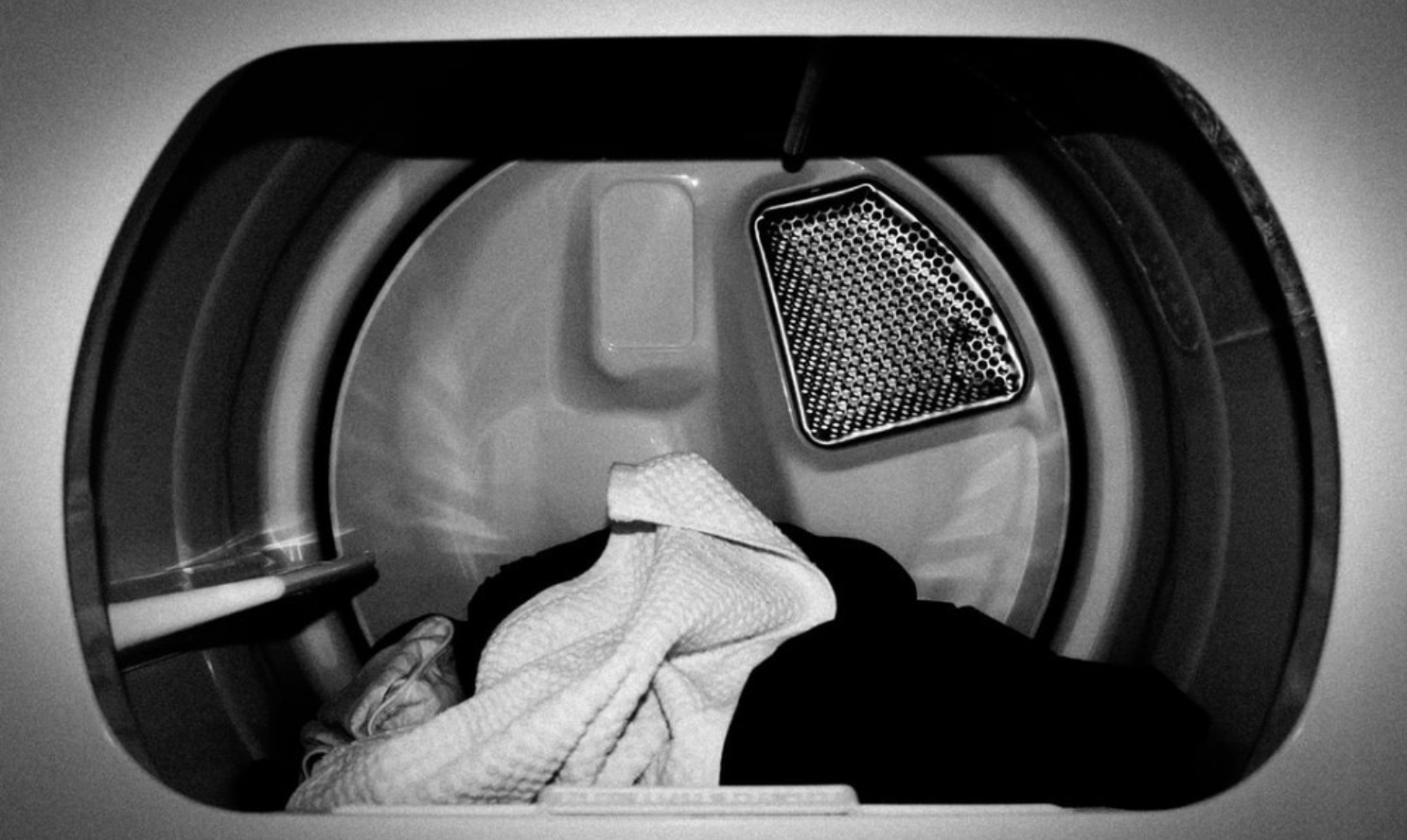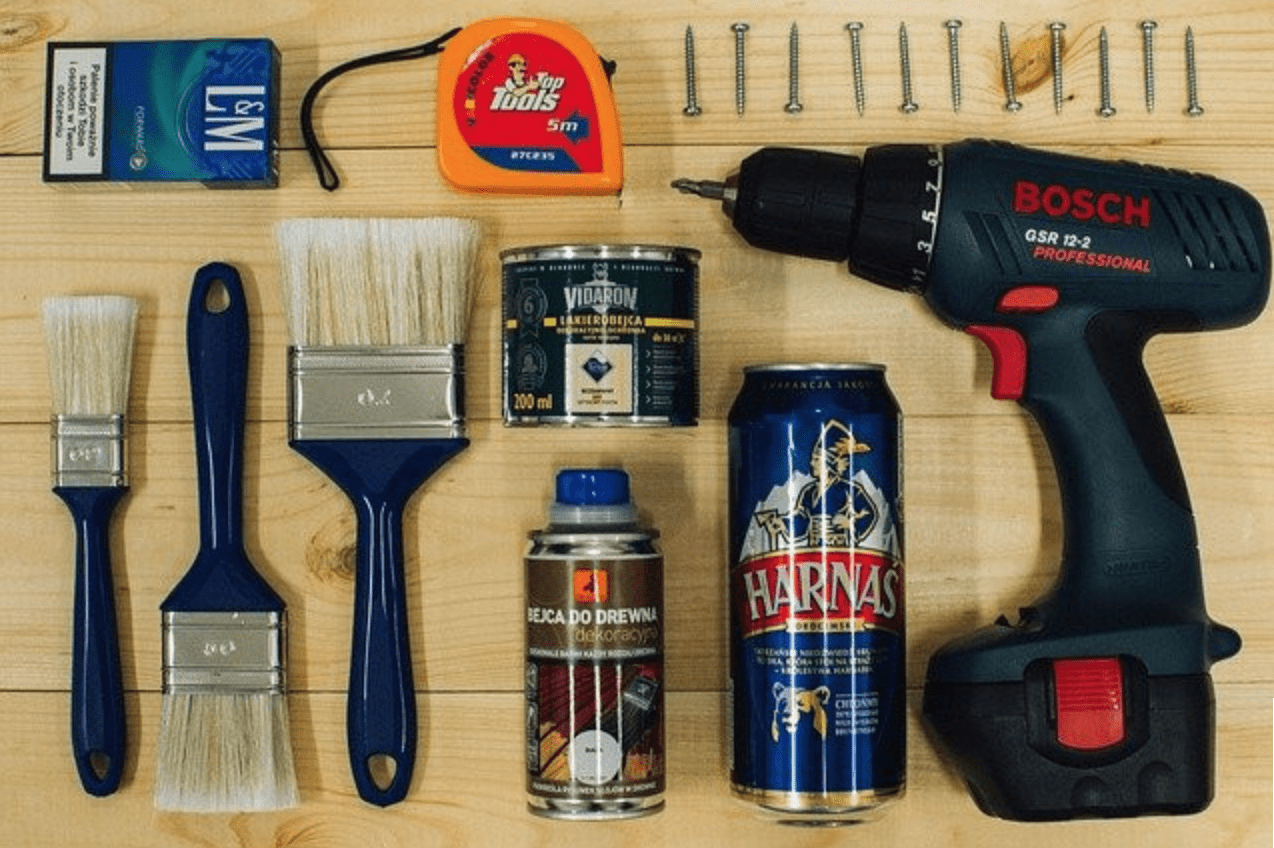If you are a homeowner, home maintenance is your responsibility. Are you annoyed when you hear about 12 critical maintenance skills every homeowner should have?
I will admit that I am not enthusiastic about it, but I know that outsourcing all tasks can be costly and won’t make sense in the long run.
If you have some specific maintenance skills, you should be able to do touch up or repair work when needed. You still may not be excited about it, but you can acquire the necessary skills to do many of them.
There is a point when claiming ignorance may not work anymore because it is too expensive—for example, calling an electrician as soon as your circuit breaker trips doesn’t make a lot of sense. Perhaps the only thing you needed was to switch the breaker to the ON position from the OFF position. And for that, you may have to pay the electrician $100.
Sometimes you have no option but to call a professional to help you, but there are many minor home maintenance tasks and issues you can do if you have the required skills.
These are some home maintenance skills that will be highly useful in keeping your home in top gear.
1. Keep the Sump Pump in Top Order
Do you have a basement in your house? If that’s the case, you should know the sump pump basics and check it at least 2-3 times a year. If your sump pump does not work correctly, it will cause an overflow of dirty water and can even flood your basement if left unattended over a period of time.
One of the things you should ensure is that the float switch is always in the vertical position. Sometimes, you can pour some water and check if the sump pump is working correctly. If you find any debris in the sump basin, you should remove it.
Learn more about how to maintain a sump pump.
2. Drain Your Water Heater Once a Year
Water heaters run by gas or electricity tend to collect a thick layer of sediments at the bottom of the tank in about a year. If you don’t drain the sediments, it will damage the tank. If you drain the tank to clean out the accumulated deposits, your water heater will have a longer life and save on the utility bills. There is not much know-how involved in draining the tank at least once a year, but you must follow the steps required carefully. Otherwise, you could hurt yourself or damage the heater.
Here is a good video demonstrating how to do this:
3. Repair Small Drywall Holes
With fixture replacements and other changes in the drywall, it is not unusual to have a few holes left. Fixing them is not hard but doing it correctly requires some skill. We had to do this when we left the house we rented in Delaware’s Dover area to get our security deposit back. You may need some tools and items: spatula, scraper tool, mud pan, a joint compound, plaster repairer, and ready patch.
Remember, you need to aim at flushing the patch with the wall to get it ready to be painted. The video below shows how you can do it:
4. Adjust Cabinet Doors
It is quite common to find that the cabinet doors are not shutting as easily, especially in rainy and humid climates. Some of the plywood or wooden material may have become puffy. Setting them right is not difficult, and it will not take much effort. You can adjust it with the help of a screwdriver. If you find that too much moisture is the culprit, you can use a dehumidifier to absorb the indoor air’s moisture.
5. Dealing with a Stuck Window
Like cabinet doors, windows sometimes get stuck and do not open or close easily. Windows may get stuck due to moisture, dust, and paint buildup. You can figure out which portion of the window is affected more.
You should remove the old paint and dust from the affected area with the help of a utility knife. If you find there is too much moisture and the culprit, you can use a dehumidifier that will suck the indoor air’s moisture.
6. Stop Leaking Faucets
A dripping faucet is not only a waste of water, but it is also highly annoying. Can you repair it, or can you replace the broken faucets? It turns out that it is not that hard.
You will need some rugs, a flathead and phillips head screwdriver, hex key/wrench, a crescent wrench, and replacement parts. This video from Home Depot demonstrates how to fix a typical leaking faucet by replacing the cartridge.
IMPORTANT: Don’t forget to take the old cartridge with you to the hardware store –there are many types of cartridges in the market.
Most of us are lazy and may take a while to fix the leaking faucet. If you can hear the dripping at night and doesn’t let you sleep, there is a trick you can use to stop the noise. It may not sound sophisticated, but it is useful.
Tie a string from the faucet to the drain below it. The dripping water will now travel down the string to the drain and not make that annoying noise.
7. High Water Pressure is Not Good for Fixtures and Appliances
The water supply system in your home is normally equipped with pressure reducing valves. From time to time, you should check the water pressure and also the pressure reducing valves. If the water pressure is high, it can damage the pipes, connections, fixtures, and appliances.
Water pressure reducing valves typically look like an upside-down ice cream cone fitting made out of brass that should be located around the main shutoff valve. If you own a private well, you can read this article about water pressure.
An old pressure reducing valve may not work with full efficiency and cause high-pressure water through the pipes in your home. You should try to maintain the water pressure not higher than 75 psi.
8. Keep Window Weep Holes Clean
Do you have vinyl windows? I bet you didn’t know that these windows normally have weep holes.
Really? Yes.
Weep holes are designed to drain out rainwater that gets accumulated in the frame’s bottom channels. If you have not been cleaning the weep holes regularly, debris and bugs may plug the weep holes.
When the channels get filled with rainwater, it can potentially spill over into your home. To check if the weep holes are functioning correctly, you can put some water in the window track and check if the water is properly drained out on its own. You can also use a garden hose to spray a little water over the window and see if the water comes out of the weep holes.
To clean the weep holes, you can use a piece of wire hanger or compressed air. The video below shows where the weep holes are and how to clean them.
9. Keep Your Refrigerator Coils Clean
A refrigerator condenser is located outside the refrigerator’s body and it tends to get clogged with cobwebs, dust, debris, and pet hair. If it gets too dirty, the refrigerator’s condenser will not release heat efficiently. This will result in your condenser working longer and harder and wearing out earlier than expected.
You can use coil cleaning brushes and vacuum to keep these coils completely clean. There are many refrigerators models out there, but I wanted to show an example video for a GE side by side refrigerator. Your refrigerator may be different, but I think it is a good example of how you can clean the coils.
10. Door Squeaks
Are your doors squeaky? Do they make those noises every time you open or close the doors? You should be able to get rid of the noises by lubricating the hinges. You can use a multipurpose oil, dry graphite lube, or WD-40 to lubricate the doors’ joints.
If you are in a hurry. It’s night time, and you want to stop the squeak before you go to bed, you can try olive oil.
But lubricating the hinges may be a temporary solution. Sometimes the door may squeak because one or more hinges are not well aligned. In this video below, contractor Tom Silva explains different methods for silencing a squeaky door.
11. Turning On and Off Water Mains
Do you know where the main water line is in your home? If there is an accident and the water starts gushing into your home, you will have to find the main water line and turn it off.
Locate the main water shut-off valve in your house and practice turning on and off once. You don’t want to wait for an emergency to happen, and you don’t even know which way you need to turn it off. The leaks can be small or big, but they have the potential to cause severe damages to your property. It doesn’t hurt to have a plumber’s phone number handy if you need to tackle a serious plumbing issue.
12. Replace Your Furnace Air Filter
If you forget to replace your furnace filter, your heating, ventilation, and air conditioning (HVAC) system will not work correctly. Without a new filter, eventually, your furnace will overheat and possibly stop working. Even your indoor air quality may worsen.
So, this is an essential skill every homeowner should have. You can read my article, What happens if you forget to replace your furnace air filter? to learn more.
Additional Maintenance Skills You May Want to Learn
A house offers many opportunities to learn additional maintenance skills. If you are not excited about all this, you are not alone. Most homeowners consider these annoying chores, but some are necessary for you and your family’s safety. Most of these skills will save you significant money in the long run.
These are some of additional maintenance skills to learn:
- Circuit breakers basics
- Gutter cleaning
- Touching up interior paint
- Toilet repairing
- Adjusting water heater temperature
- Faucet repairing
- Landscaping basics
Related Posts:



